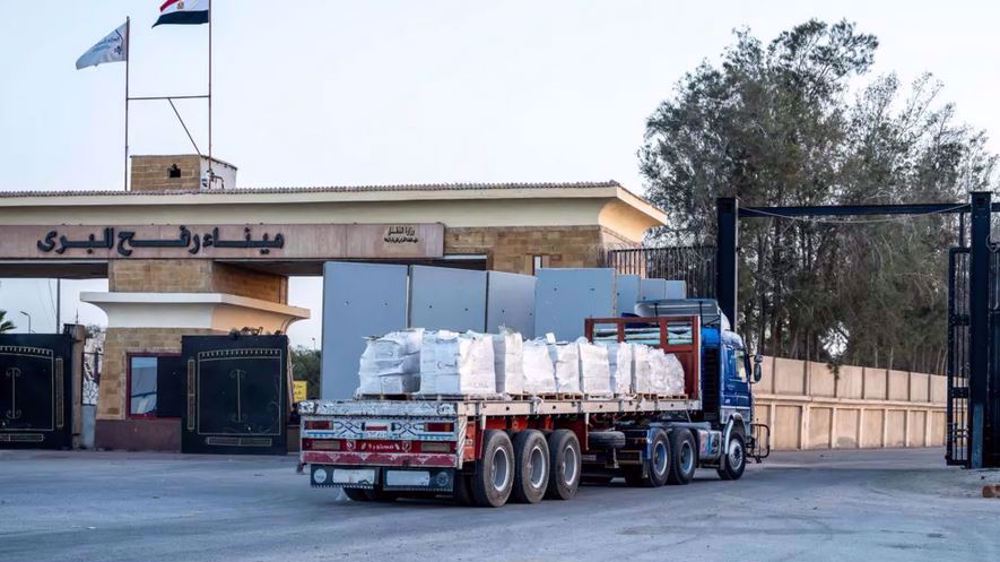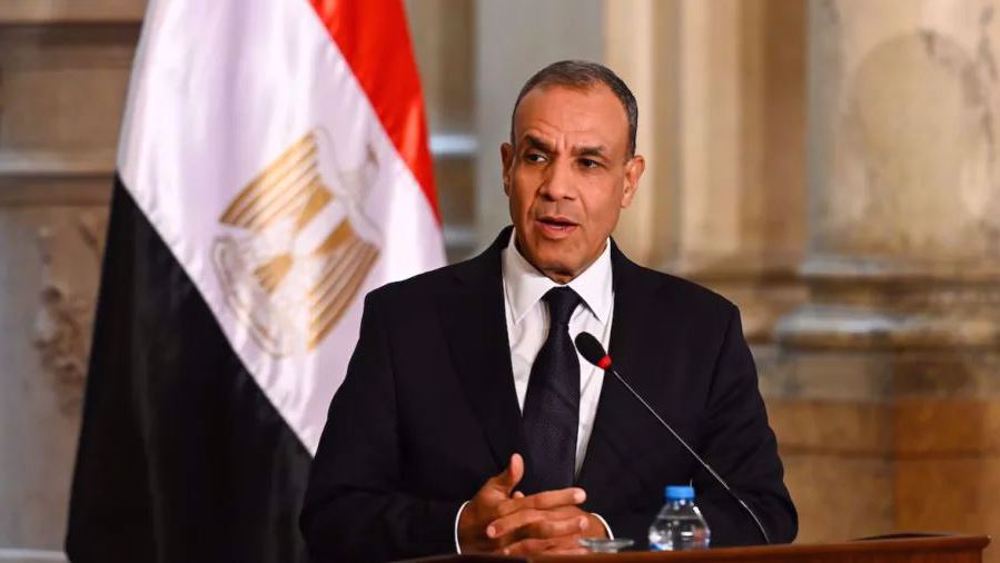Amnesty: Egypt subjecting prisoners to horrendous abuse, torture
Amnesty International has reported that Egypt keeps political prisoners locked up in “prolonged” and “indefinite” solitary confinement and subjects them to “horrendous physical abuse,” saying such treatment amounts to torture under international law.
The London-based rights group released the results of a new research dubbed “Crushing humanity: the abuse of solitary confinement in Egypt’s prisons” on Monday, saying dozens of detained journalists, rights activists and members of the opposition are “unlawfully” being “held in prolonged solitary confinement under horrific conditions.”
In the 56-page report, Amnesty said those held in solitary confinement farce “horrendous physical abuse, including beatings by prison guards and having their heads repeatedly dunked into a container filled by human excrement,” which in many cases results in “panic attacks, paranoia, hypersensitivity to stimuli, and difficulties with concentration and memory.”
Upon returning to the prison population, the report added, those tortured in solitary cells “suffer depression, insomnia and an unwillingness to socialize or speak to other people.”
The research, based on dozens of interviews with former prisoners and with family members of the current prisoners, also found other forms of abuses such as food deprivation, humiliation and restricted movement for years on end.
“Under international law, solitary confinement may only be used as a disciplinary measure of last resort, but the Egyptian authorities are using it as a horrifying ‘extra’ punishment for political prisoners,” said Najia Bounaim, Amnesty’s North Africa campaigns director.
“Prison conditions in Egypt have always been bad, but the deliberate cruelty of this treatment shows the wider contempt for human rights and dignity by the Egyptian authorities,” Bounaim said.
The study also revealed in most cases, prisoners are being held behind bars solely because of their “past political activism.”
“Not only are Egyptian human rights defenders, journalists and members of the opposition being targeted for peacefully expressing their views in the outside world; their persecution also continues behind bars,” it added.
Amnesty had sent a memorandum containing a summary of its latest research to the Egyptian authorities last month, but it has received no response.
Authorities have not yet commented on the report, but the Interior Ministry has in the past denied allegations of systemic torture. It blamed abuse in prisons on individuals, saying they are held accountable. It claimed that several officers have been tried and convicted of torture, while others have been acquitted.
Human Rights Watch (HRW) also said in a report last month that it has documented the systematic use of torture by the Egyptian police and National Security officers to force detainees to confess or divulge information, or as punishment
It said since 2013, hundreds of torture cases have resulted in prosecutions, but a few ended with convictions. The rights group urged President Abdel Fattah el-Sisi to prioritize reforms to end serious human rights violations.
Sisi, now spending his second term, led a military coup against the then president Mohamed Morsi — Egypt’s first democratically-elected president — in July 2013.
He later came to power as president in June 2014 after winning a landslide victory. His government has since been cracking down on the opposition.
Over 2,000 Britons served in Israeli military during Gaza genocide: Report
Houthi: Iranian, Yemeni revolutions inspire Islamic nation in face of enemy plots
Iran defeating sanctions for decades since Islamic Revolution victory
AIPAC faces challenge as new PAC seeks to end US backing of Israel
VIDEO | Press TV's news headlines
Iran president hails ‘exceptional’ turnout in Islamic Revolution anniversary rallies
VIDEO | Pro-Palestine protesters rally in Melbourne on final day of Israeli president's Australia trip
Gaza genocide's death toll may exceed 200,000: Report














 This makes it easy to access the Press TV website
This makes it easy to access the Press TV website